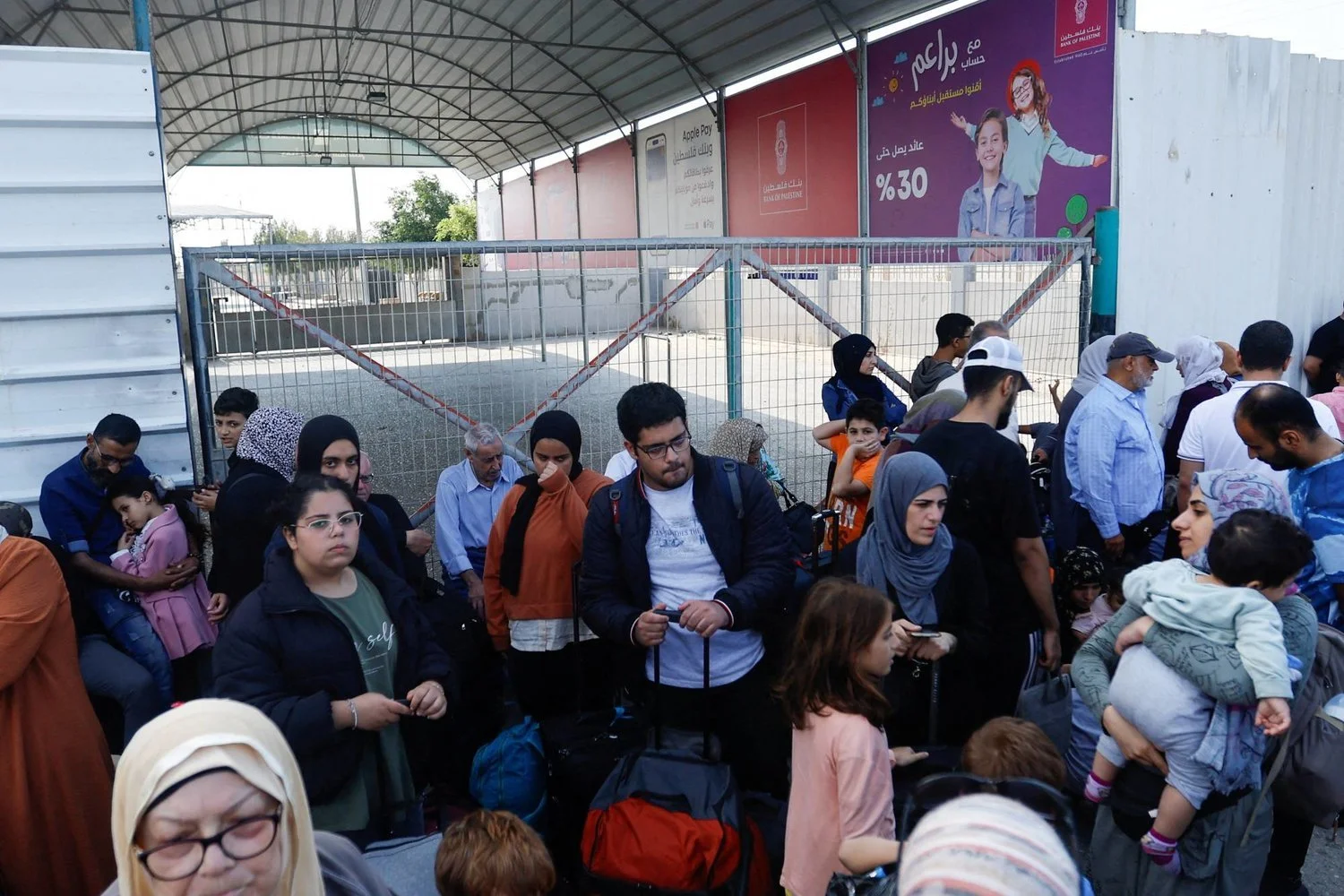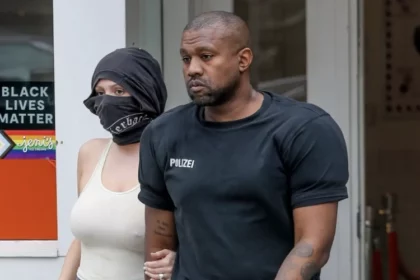Tensions have risen in the southern Gaza Strip as Palestinians gather at the Rafah border crossing with Egypt in anticipation of a potential Israeli ground invasion. The crossing, which is currently closed, was expected to be reopened for dual nationals to leave and to facilitate humanitarian aid delivery, although no specific timeline has been provided.
Rafah border crossing, situated at the southernmost point of egress from Gaza, shares its border with Egypt’s Sinai Desert. With only two additional border crossings – Kerem Shalom for commerce connecting Israel and Gaza and Erez in north Gaza for border crossings with Israel, both of which are currently closed – Rafah is a vital entry point for humanitarian aid. Numerous trucks loaded with essential supplies, including fuel and humanitarian assistance, have been positioned near the Rafah crossing, awaiting permission to pass through, as noted by a statement from the Egyptian foreign ministry.
The significance of the Rafah crossing has grown due to recent events. In early October, Hamas forces attacked the Erez border crossing in northern Gaza, severely damaging it. As a result, Israel announced the indefinite closure of Erez, leaving Rafah as the sole option for civilians to enter and exit Gaza.
Controversial reports have emerged regarding the Rafah border crossing. Control over who can pass through the crossing is shared by Hamas and Egypt, while Israel retains the ability to prevent individuals from crossing by conducting airstrikes in the vicinity. Following three Israeli airstrikes on Rafah on October 9 and 10, reported by Egyptian media as resulting in injuries on both the Egyptian and Palestinian sides of the border, the crossing was closed.
In an attempt to establish a “support lifeline” for Gaza’s residents, the Egyptian government called on Israel to cease airstrikes near the Rafah border crossing on October 12. However, it made it clear that it would not reopen the crossing without guarantees for the safety of Gaza’s residents. Western nations, including the UK and the US, have expressed their commitment to ensuring the safe reopening of Rafah for humanitarian aid and foreign passport holders in Gaza.
As residents of Gaza continue to gather at the border in the hopes of crossing, uncertainty prevails. Reports suggested that Rafah might reopen temporarily due to a cease-fire agreement, but both Israel and Hamas quickly denied such claims.
The continued closure of the Rafah crossing reflects Israel’s desire to prevent Hamas fighters from leaving Gaza and to inspect incoming trucks for potential weapon transport. Meanwhile, Egypt has concerns about a potential Palestinian exodus to Sinai and is unlikely to open the border to all Gaza residents wanting to depart, even as negotiations with other nations are ongoing to facilitate the crossing’s reopening for foreign passport holders and humanitarian aid.
Typically, Palestinians face challenges when seeking to exit Gaza via the Rafah crossing. They must register with the local Palestinian administration two to four weeks in advance, but they may be turned away without much notice or explanation by either the Palestinian or Egyptian authorities. In August 2023, the UN reported that Egyptian authorities allowed 19,608 people to leave Gaza but denied entry to 314 others.




